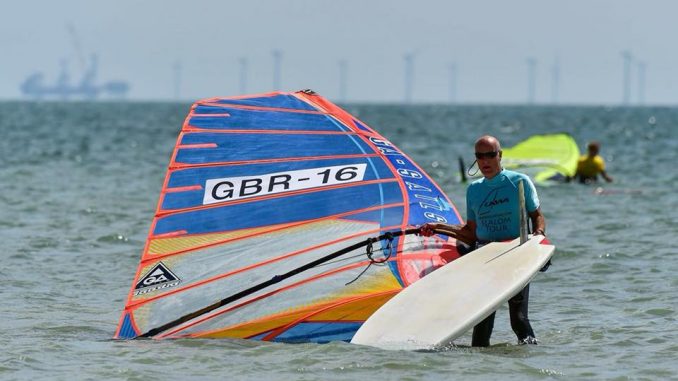
Interview: WSUK
Pics: Andy Stallman
Bob Ingram has held down the position of UKWA head honcho since 2009. A fan of all aspects of windsurfing – not least raceboard and formula – Bob’s still as hungry as ever and super keen to get afloat, deliver the goods in terms of events and generally spread the good word of windsurfing. Here’s what he said when we caught up.
Tell us when you first got into windsurfing and what attracted you to the sport.
In my youth I had been fanatical about all sports but in particular I was a pretty good rugby player and that was where I saw my sporting future. In the summer of 1975 I had rather a serious motorbike accident and after three operations and many long months in plaster I was resigned to a life without sport. This went on for a few years until a holiday on The Gower when whilst sat on a beach bored out of my mind I saw something going on out on the water. There was a guy was blasting back and forth and every time he did so his Irish setter would bound towards the waves. Could I do this? Well, just maybe, so I went out and purchased a Sailboard Masterclass 335 and of course two Irish Setters.
How different were things back then?
Anyone today would not recognize the kit. The sail was triangular and you wrapped it around the mast to take it home. Mine was pretty modern. It had a flat plastic batten you took in and out, nobody had anything bigger than a 6.5. When the wind did blow you should not be surprised if your mast foot popped out at any time. On the positive side they were pretty indestructible and if you had one on your roof rack you did look pretty cool.
I joined a local club at Sandwell Valley not much bigger than a puddle and thought I was a real expert. Unfortunately this was far from the truth for when I later joined Chasewater Sailing Club I realized I knew absolutely nothing. Chasewater in those days had a very healthy membership of extremely talented windsurfers and club racing was extremely competitive. I was rubbish in comparison but one thing that came through was the friendliness of everyone involved and how happy they were to pass knowledge on. In those days the Club Team Championship was the big event and it took me a few years to break into the third team, although we did later go on to win the title which was a fantastic experience.
And what about competition – when did you discover this and get involved?
My first event was in 1985 and I have never missed a UKWA course race or slalom event since so I guess you could say I got well and truly bitten by the bug. My first event was the Inland Nationals at Grafham Water and I remember it well. Scared and totally unprepared for the whole experience I was certainly in the last five in a fleet of at least 250 boards.
What appealed?
I guess the appeal in those days was that that windsurfing was seen as an extreme sport and much like rugby it took place in the great outdoors. I really enjoyed the social side, and to be honest the competition. There are not many sports where you can rock up and compete against the best in the world, Olympic and world champions.
Do you still compete?
I think I am as obsessed now as I was back in the 80s. Ok, I have to accept that my best years are probably behind me but on a good day there is still life in the old dog.
You’re a fan of the longboard. Is this still the case? What does it offer that other kit doesn’t?
Yes I love longboards! I see myself as raceboard sailor. The raceboard I currently own is a Starboard Phantom and it is useable in pretty much any conditions. I love the light wind battles in two or three knots when it becomes nothing more than a pumping and tactical race. Whilst the youngsters are stronger and fitter than us older guys experience really pays off when the wind is light and difficult to find. When the wind picks up get the track back and lock yourself into the foot straps and blast about with 3m of board in front of you, it’s a great joy. Whilst I love the longboard I only race them inland and all my racing on the sea is done in the formula windsurf class. For pure adrenalin this is the most fun you can have on a race course. Again, sailing a Starboard Formula board powered with a good quality fin and a sail too big for any sensible racing is pure pleasure. Perhaps a bit scary at times but never dull. Unfortunately numbers have dropped from the high of 80+ 10 years ago and maybe it will have to be longboards only in the future however I am learning to foil which may open up a completely new experience on the race course. Currently the UKWA is racing formula and foils together so the step across may not be such a big deal. I also really enjoy slalom racing. It is a completely different beast with races taking three or four minutes as opposed to 30 to 40. The fundamentals are, however, the same. Get a good start, stay in clean air, don’t make any mistakes and particularly in slalom stay out of trouble. One thing you do learn as you get older is that confrontation just gets in the way on a race course. It does not matter how much you are in the right, it’s just going to take up valuable time so avoid if you can.
Where do you normally sail longboards?
Only on lakes as there are so many other opportunities. I don’t mean that in a derogatory way. There are some very good sailors out there who never go anywhere near a lake. They could learn so much tactically if they did. It’s no good just banging the corners of a race course. You need to understand wind shifts, angles and tactics. Lakes are the perfect place to learn these skills.
Longboards and raceboards are still popular, even though there’s limited media coverage. Why do you this is the case?
I think in reality if you have had any training or experience of Techno or RS:X etc. you can be competitive on a raceboard. Unlike formula you will always get racing on a longboard whatever the weather gods throw at us. It is true for a long period of time the raceboard was perceived to be the poor relation or just not sexy but the development of the batwing boards has got people talking about raceboards again and the junior and youth element shows strong growth. The middle aged and older sailors can still compete so I think raceboard is healthy in the UK and on the up.
Do you see much new blood coming into longboar/raceboard?
Without being rude to the pathway classes it is clear they do not suit everyone. This does not mean these less suited are any less talented, you only need to see the likes of Louis Morris, Lewis Barnes and the Kent sisters to name but a few to see outstanding performances. The best thing about this is that they attract other young sailors into the fleet and the likes of Ali Masters and his contemporaries are no longer embarrassed to be included and can often be found taking part in UK raceboard events. With the Olympic uncertainty I can only see the class growing.
Tell us about your role with the UKWA.
I have been chairman of the UKWA since about 2009. Before this I was events director for a couple of years. I see my roll to publish a viable calendar of events across the five disciplines we deliver: course racing, slalom, speed, wave and freestyle. It is important to work with other organizations – primarily the RYA as well as international set ups – to promote the sport and understand the goals and bigger picture. Windsurfing is run by volunteers on a shoestring budget so the most important thing I can do is head up our committee and support everyone involved. On the ground effectively the UKWA has franchised out wave sailing to the BWA and speed. These are such specialist areas they need external expertise, ideally we would do the same with freestyle which has always been difficult to deliver.However there is to be a British Championships in 2018 for the first time in about three which is great news. I personally run all of the course racing and slalom events in the UK with a dedicated team which involves about 20 weekends per year.
How did this come about?
Really it all happened in a bit of a blur. I was approached at an event at Rutland Water when some of the existing committee thought it might be time for a change of direction. I remember putting an arm around the previous chairman who incidentally was a good mate. We had a long chat about the future and before I knew it there was a meeting and I had been elected as the new chair. Whilst I had been asked to have a quiet word I had no idea where it was going and what the outcome would be. It was a bit of a surprise to say the least I only went to race and came away head of the show.
How long have you been at the helm and what do you see as the biggest challenges?
Since about 2009. The biggest challenge is probably keeping the whole thing viable. It is more and more expensive to put on events, the maintenance of the associated equipment is expensive and windsurfers can just turn up at any beach and go for a sail without paying entry fees. Therefore we have to convince people of the value of competition if we expect them to be paying for it. Events need to have added value, you need to enjoy the whole experience and this is where the UKWA family comes into its own. It’s just like being part of a big club it’s just that the UKWA is nomadic by nature.
Is it tricky dealing with frayed tempers and egos at events? How do you do it?
I have spent my life working in the service industry so conflict resolution is no big deal and egos are not going to intimidate me at all. The racing rules of sailing are here for a reason, they provide a set of rules which must be observed or everything on a race course will fall apart. So I guess I am fairly strict in this area. Protests are a bit of a pain, especially at the end of an event when everyone wants to go home. But the rules make it fair for everyone and we can all enjoy the experience safely. This is not to say that there have been a few incidents over the years most you can laugh about over a pint or two later in the evening and for sure I am not exempt myself having once chased a dinghy all the way to castle cove sailing club for taking me out at the windward mark!
Talk to us about foil racing. Is this the future do you think?
It’s hard to tell as everything is still developing. If I had to put money on it then for sure I would say yes. But we have been here before. Formula was going to be the future. It had a couple of good years and slowly declined. As a light wind option it is certainly adding to slalom events and I think the new foils go upwind so well they are already proving to be more than competitive at course racing events. The Olympic decision is going to make a big difference to racing at youth and adult levels but do we really want to see the death of Techno? Personally I hope not. The UKWA are all over this and are focused on being leaders of any revolution as opposed to being followers.
What’s been your most memorable moment?
I have had many great days and not all of them have been when I have won. It is a cliché but it really is about the taking part. If as a consequence of taking part you win a race or win an event then that really is fantastic but regardless of the results what I really look forward to is the next event. Whilst this appetite remains memories are just that, it’s all about what comes next.
My proudest moments are that we have done this as a family. My wife Sue does all the hard work at the events. All the boring admin stuff that nobody else wants to do but without it none of the events would ever go ahead. My daughter Tessa is a National Race Officer – one of the few ladies who have reached this level of achievement. Tessa has been the principal race officer at the majority of UK windsurfing events held in recent years and to see her running events is very rewarding. I knew she had arrived the first time she called me OCS and despite stopping her pocket money for at least a month it did not stop her doing it several times again. My son Jamie went through the pathway classes and did the whole RS:X thing up until 2012. It is a remarkable experience which has seen many highs and lows and I think you end up with far more questions than answers but today we can just go for a sail like a couple of mates and of course they can tell me exactly what I am doing wrong. Competing at that level is quite harsh and not always pretty so if you catch me in the right mood I can tell you a few stories not suited to the written word!
Last year we did pick up an award from the RYA and we had a fantastic day out in London with a ceremony and lunch hosted by Princess Anne. I am a bit of a cynic when it comes to these things but I can say Sue and I really enjoyed the experience and the kind and generous comments we received.
Do you get much water time at each event?
Yes! Thanks to my wife I never miss a course race event. Once we get everything set up the team works like clockwork. Slalom is a bit different. It’s far more complicated to run. With lots of heats there is more scope for things to go wrong so I normally get to do about 50% of the races. I always think with a course race if something happens on the start line you have 30-40 minutes to get over it. Slalom is different as it’s high octane. If someone messes with you on the start three minutes later at the finish you still want to, shall we say have a ‘conversation’. This is much more challenging to manage although we do seem to have them all pretty well trained at the moment.
Any specific plans moving forwards as far as you and the UKWA goes?
If people want me to do this then I will give it my best shot. We have a great team and whilst the team stays together I am happy to be part of it. I am, however, very conscious that it is the youngsters which have the good ideas. With the best will in the world next year I will be 60. That’s certainly not old in today’s terms but as you get older and you have been in a position for some time you end up just ‘doing the job’. New blood is needed and for this reason we have just set up a youth committee. The hope is that they can bring fresh ideas to the table which we the established committee can action on their behalf. I would be happy to stand aside whenever a replacement steps forward and give them my full support – change is generally a good thing.
What about with your personal sailing?
It would be fair to say I am pretty obsessed. I love to race in any format. I would like to spend more time free sailing and learning new skills. I am hoping to retire in the near future and move from Birmingham to the coast. We have not yet given ourselves the luxury of choosing a destination but I hope this will let me spend even more time on the water. I also have the use of a more than comfortable motorhome so winter trips to warmer climates are also on the agenda.
Any final thoughts on windsurfing in general?
The big question is for sure what will be the future direction of the sport. You can’t get away from the impact the Olympics has. This shapes the whole pathway of our sport whether we like it or not. So the decisions yet to be made will in many ways affect our sport fundamentally. I hope the decision will be made sooner rather than postponing for more consultation but I will not be holding my breath. We sometimes as an organization need to remember that there are many ways to enjoy our sport and so long as you are doing it that’s probably all that matters. New technology is a real boost, being able to watch the PWA live from around the world helps promote windsurfing and I am sure there will be lots more innovation in the future.
Thanks and praise?
I have to firstly thank my family. We have been on this journey together but there is always the opportunity to be selfish when the wind blows and the sun shines. So apologies as well. Thanks also must go to all of the volunteers who support the UKWA who have become our windsurfing family and all the sailors and their families who travel round the country and attend UKWA events in all the various disciplines without which the UKWA would not exist

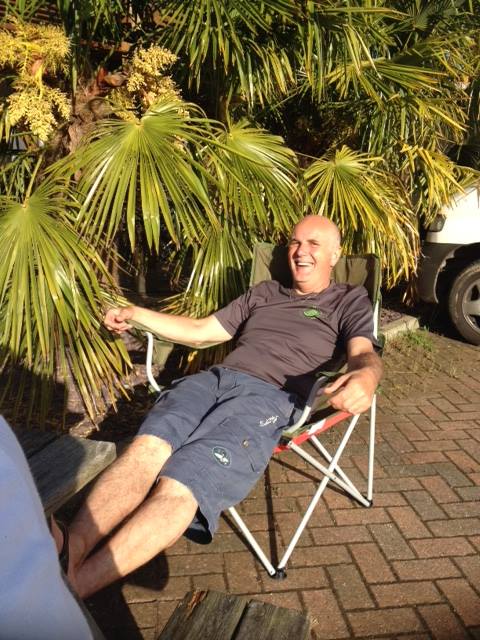
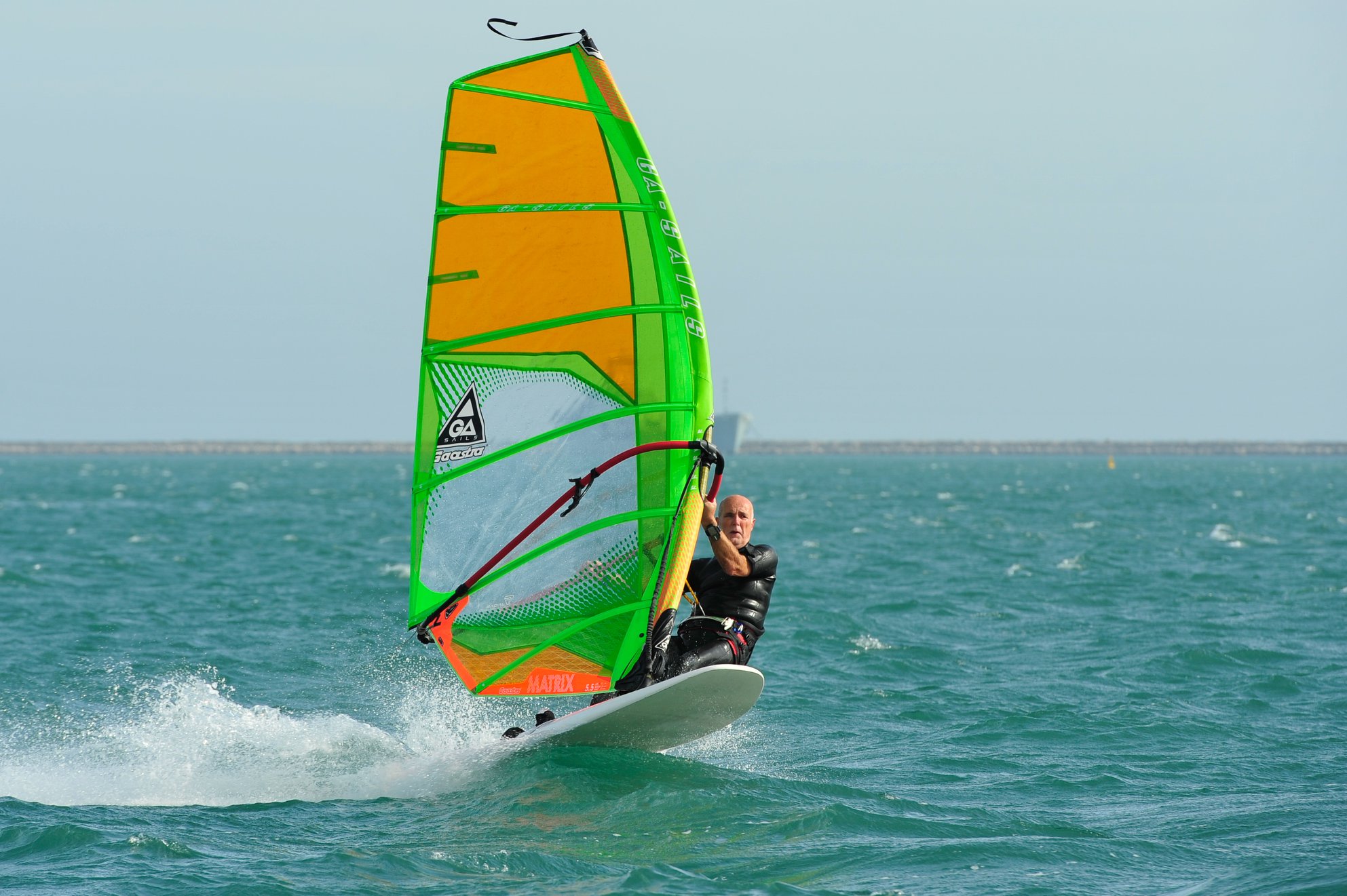
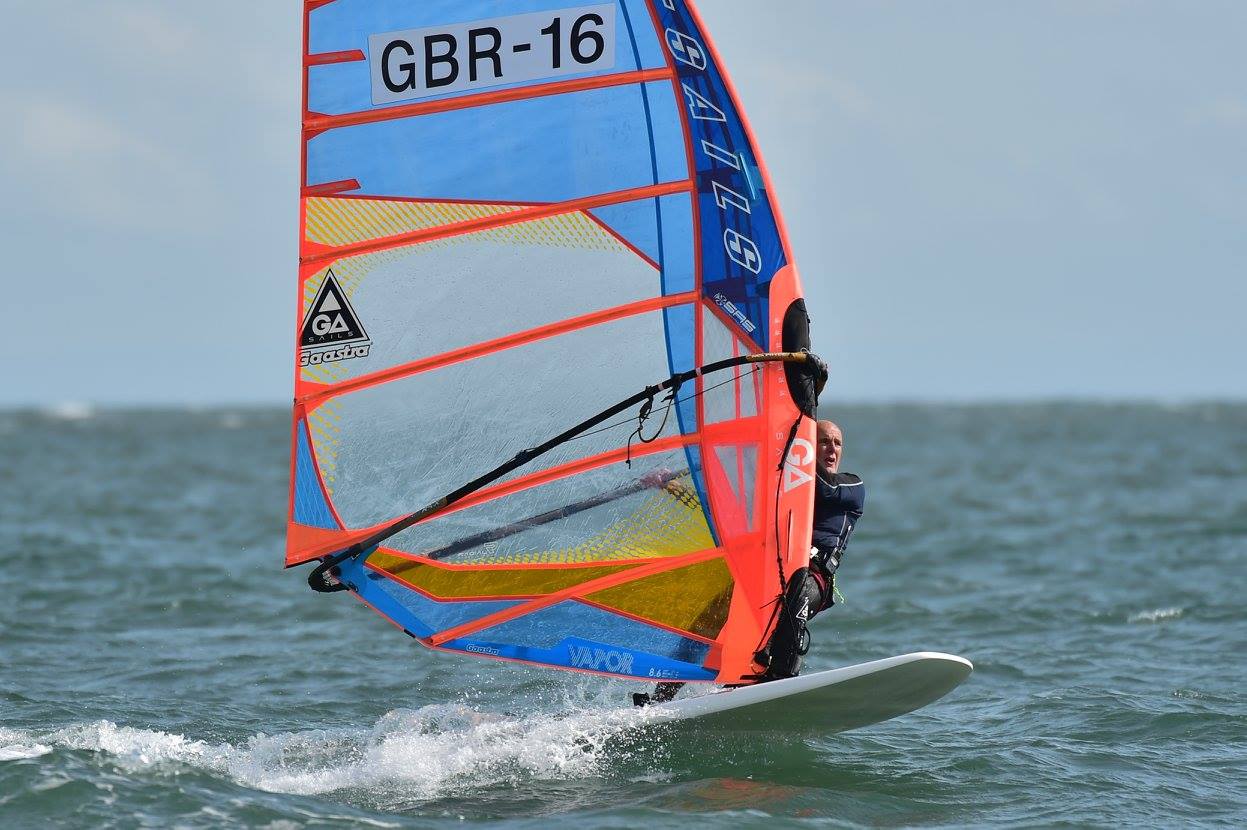
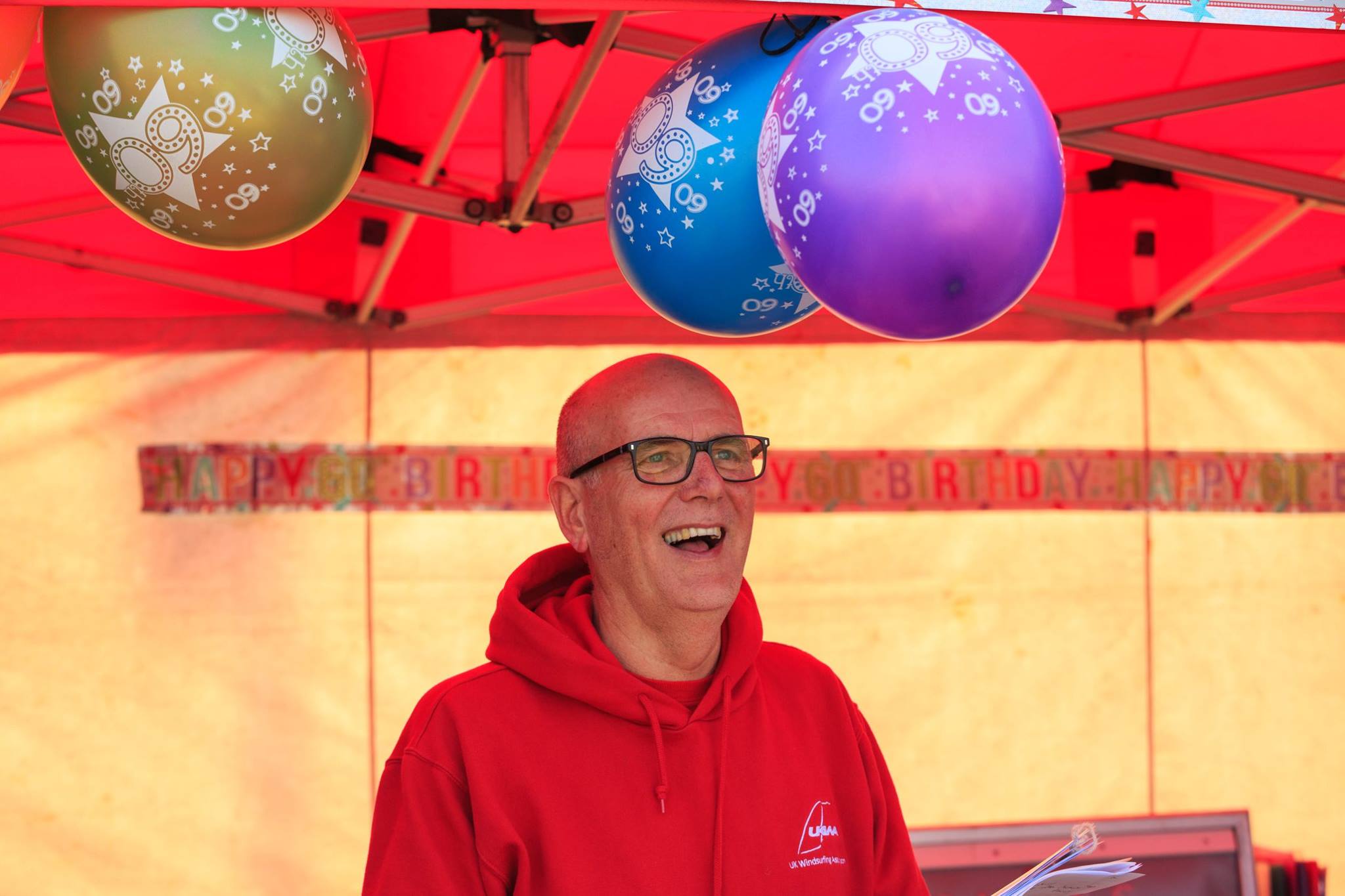
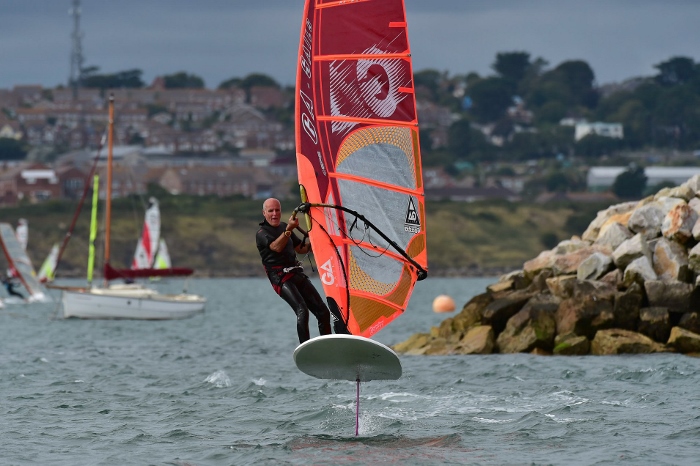
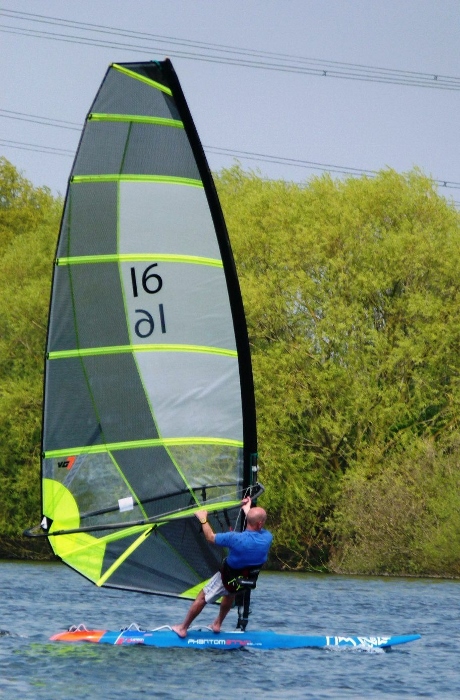
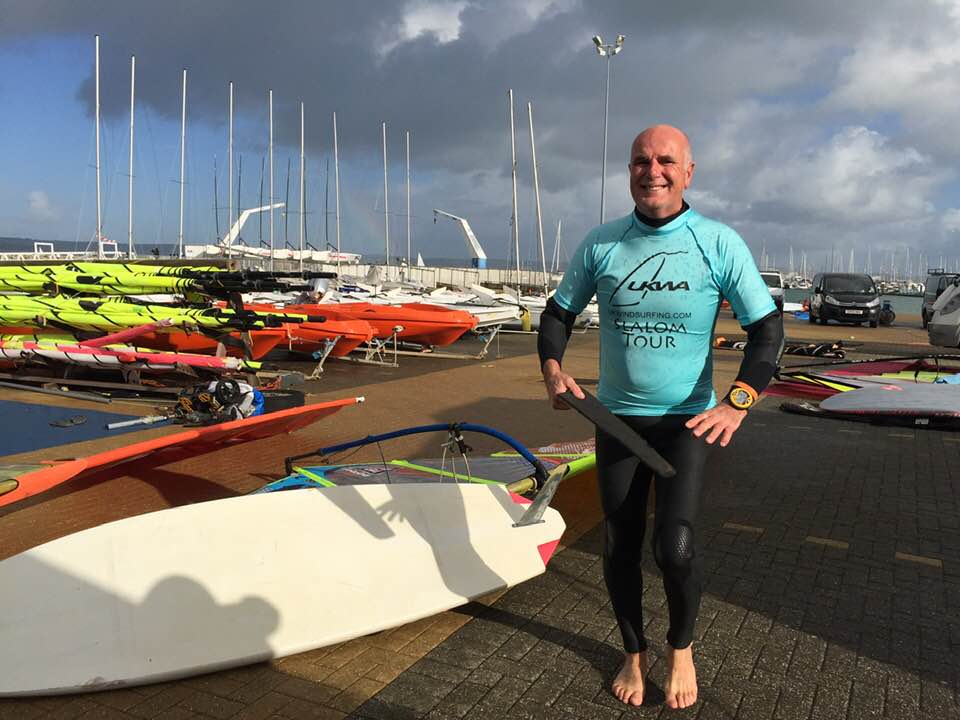
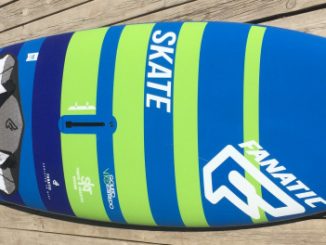
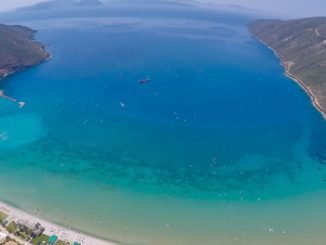
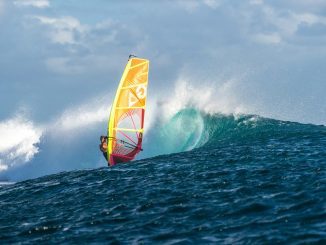
Leave a Reply